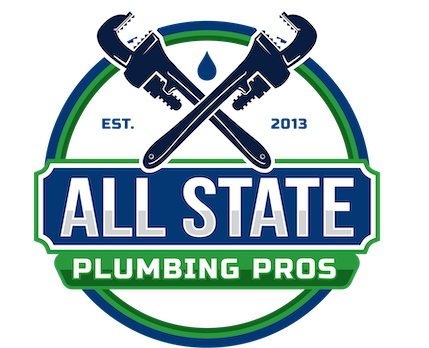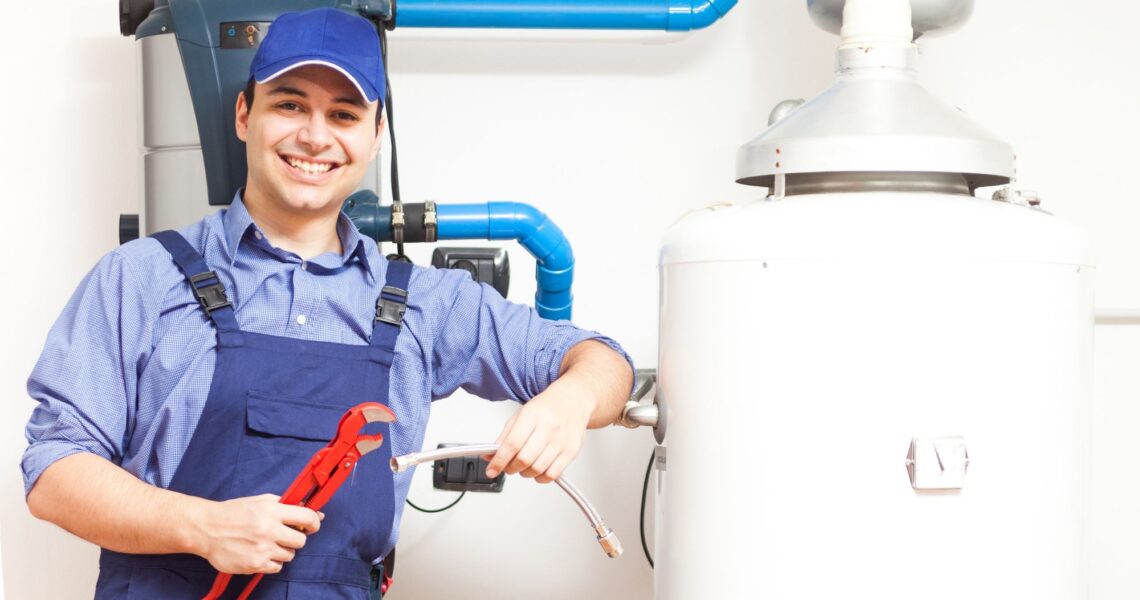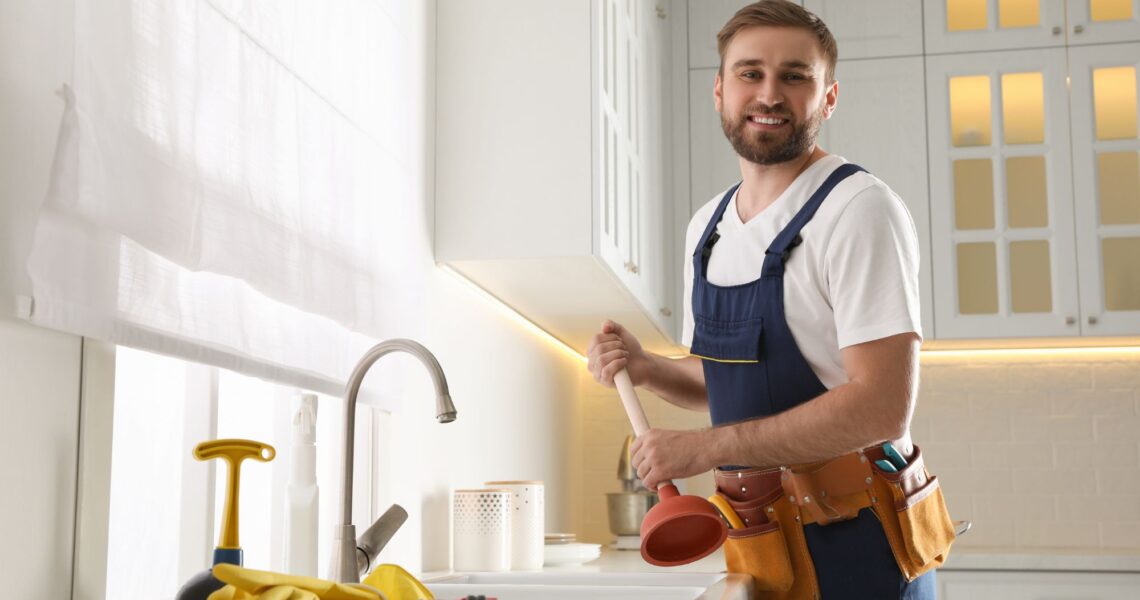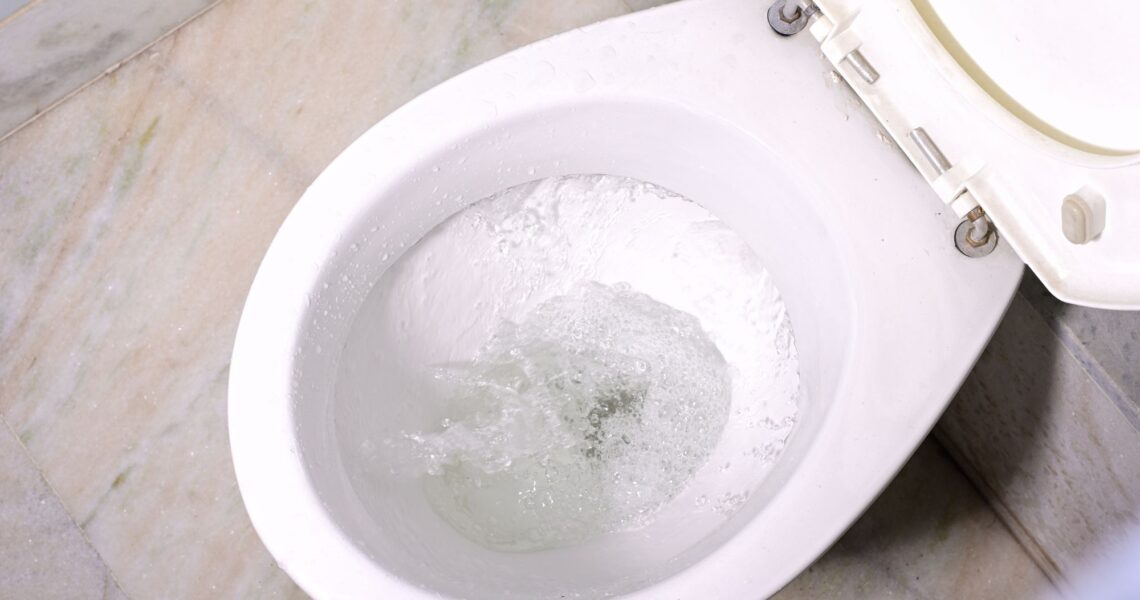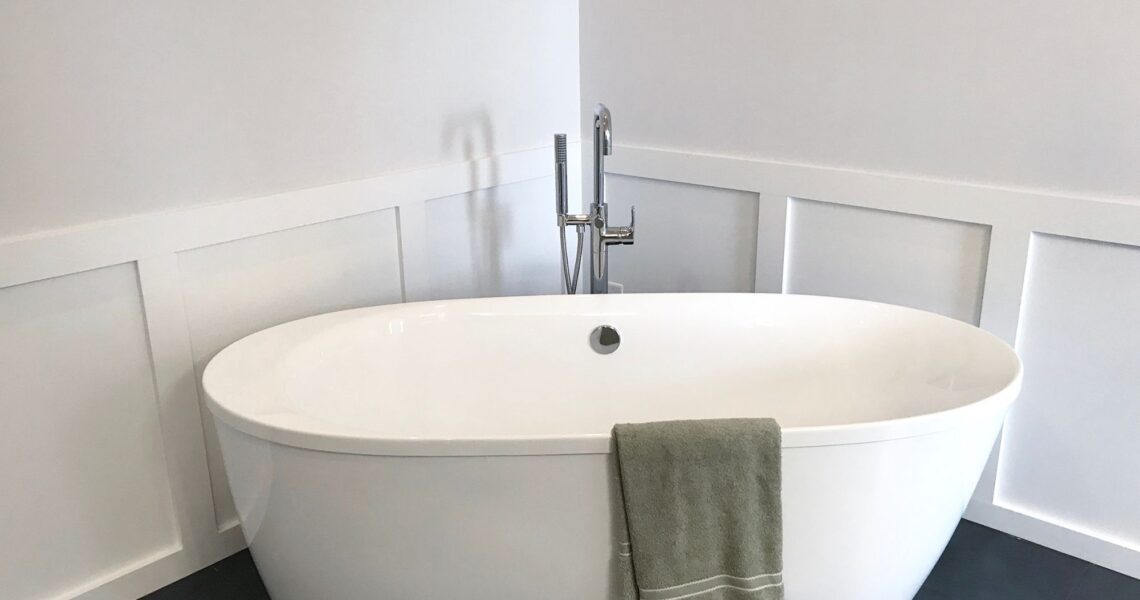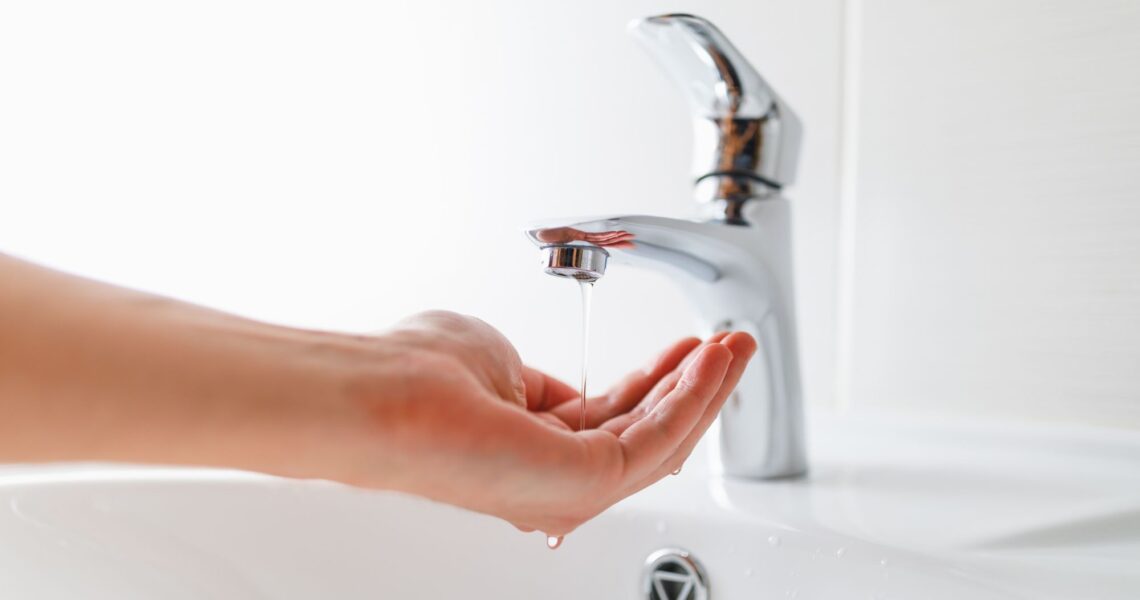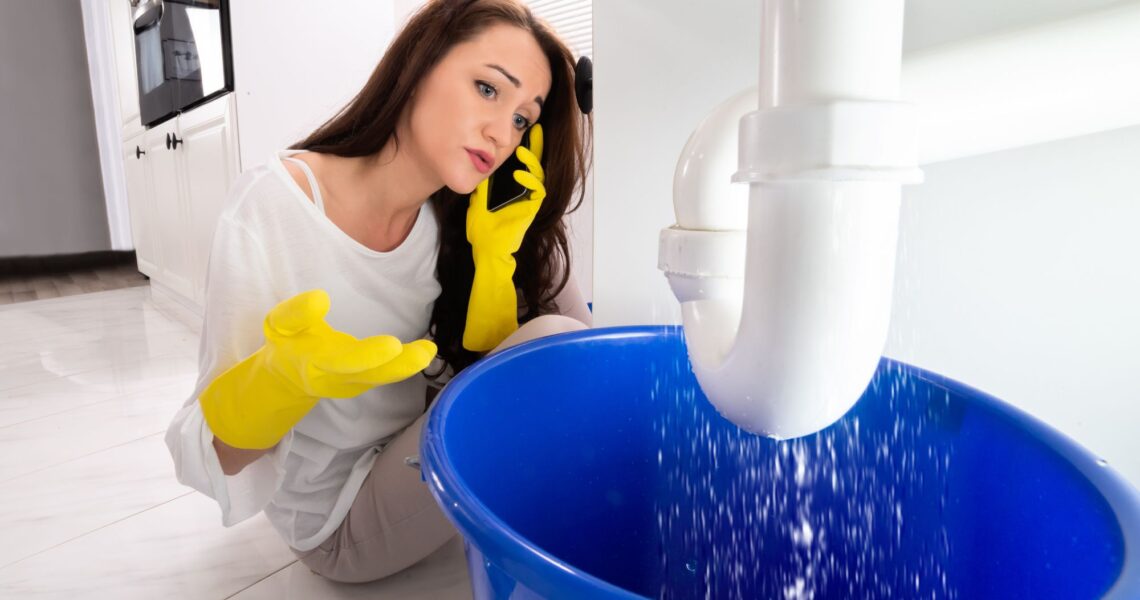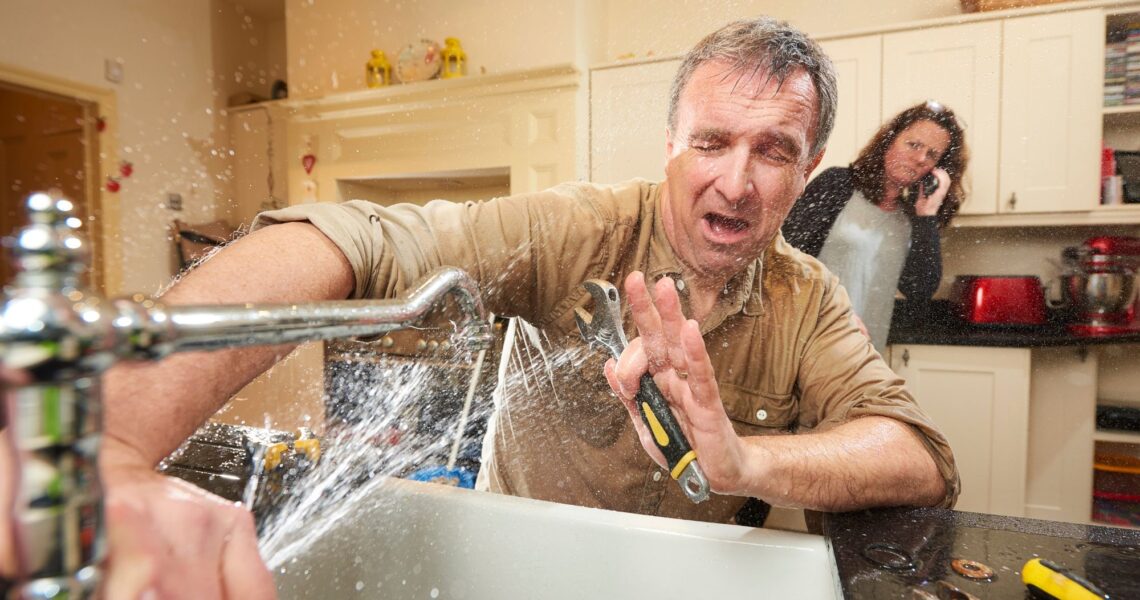No Hot Water in House? Top Solutions to Get You Back on Track
Waking up to no hot water in house can feel like a major disruption. Whether it’s a freezing morning shower or a sink full of greasy dishes, the hot water faucet plays an essential role in your daily comfort and hygiene. This issue is more common than many homeowners realize, and the causes range from minor electrical glitches to serious gas supply problems.
What to Do If Sink Is Clogged: Try These Quick DIY Fixes
A clogged sink can throw off your entire routine, especially when you’re preparing meals, washing dishes, or brushing your teeth. Whether it’s a slow-draining kitchen sink filled with murky water or a bathroom sink that simply won’t drain at all, these backups are both inconvenient and unsanitary. Fortunately, knowing what to do if sink is clogged can help you fix the issue without calling in a professional plumber right away.
(more…)
How to Stop a Toilet from Running: Quick and Effective Fixes
A running toilet isn’t just an annoyance; it’s a silent drain on your water bill and a sign of a deeper issue inside your plumbing system. If you’ve ever walked past your bathroom hours after a flush and still heard the faint sound of water running, you’re not alone. Knowing how to stop a toilet from running starts with recognizing that even small issues like an improperly sealed flapper or misadjusted fill valve can lead to hundreds of gallons of wasted water each month.
Why Is My Bathtub Faucet Dripping? Top Causes & Easy Fixes
Understanding the Issue
Why is my bathtub faucet dripping? It’s a common question homeowners ask when they start noticing an unexpected trickle of water long after the tap has been turned off. A leaking faucet, specifically a dripping bathtub faucet, might seem like a minor annoyance, but over time, it can lead to serious consequences. According to the U.S. Environmental Protection Agency (EPA), a faucet that drips once per second can waste more than 3,000 gallons of water a year, enough to fill more than 40 bathtubs. Beyond wasting water and increasing your utility bill, a leaky faucet can cause mold, structural damage, and even respiratory issues.
Low Water Pressure in House: Top Causes & Fixes
Low water pressure in your house can disrupt daily routines, from washing dishes to taking a shower. It’s more than a minor annoyance; it could be a sign of deeper plumbing issues or external supply problems. Understanding the causes and how to respond can help restore proper water flow and prevent further complications. In this guide, we’ll cover the most common reasons your home may be experiencing low water pressure, how to troubleshoot it, and when it’s time to call a professional.
When to Call a Plumber: Signs You Shouldn’t Ignore
Introduction to Plumbing Emergencies
A plumbing emergency can quickly spiral into a major issue if not handled correctly, and knowing when to call a plumber can help you avoid costly repairs, protect your home, and safeguard your family’s health. Whether it’s a clogged toilet or a leaking pipe, minor issues can escalate if left unchecked.
What to Do in a Plumbing Emergency: Quick Tips and Solutions
Plumbing emergencies don’t wait for normal business hours. A burst pipe, a gas leak, or an overflowing toilet can cause serious damage within minutes, leaving homeowners scrambling for solutions. Knowing what to do in a plumbing emergency can help you stay calm, act fast, and minimize damage while you wait for a professional plumber to arrive.
